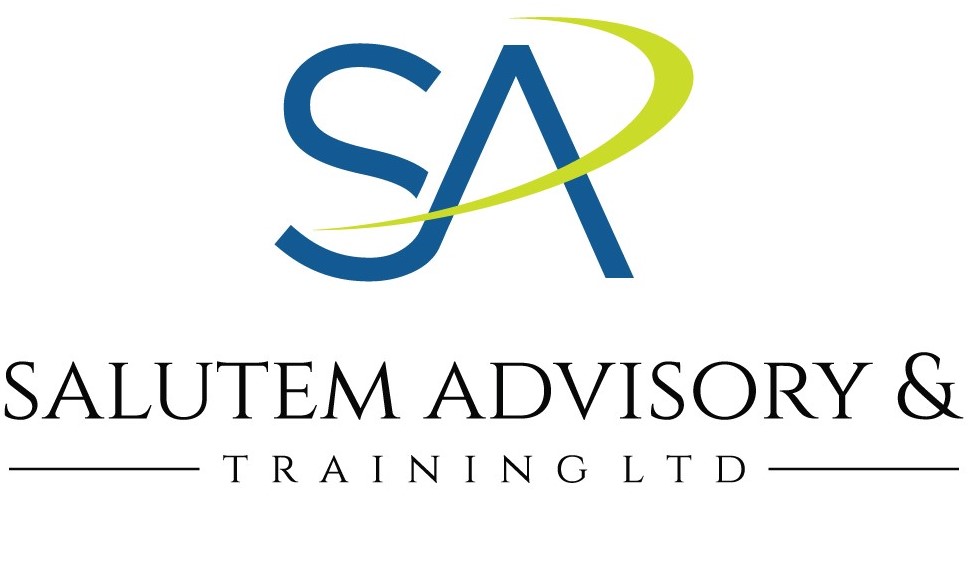
Work-Life Balance Legislation – Safety Implications
As employers in Ireland strive to create a supportive work environment that promotes work-life balance and employee well-being, it is essential to stay updated on relevant legislation. The Work Life Balance and Miscellaneous Provisions Bill 2022 was passed in 2023 and introduced new rights for employees, supporting a better balance between family life, work life, and caring responsibilities. Additionally, the legislation provided assistance to victims of domestic violence through the introduction of statutory paid leave entitlement. In this article, we will explore the key changes brought about by this important new legislation.
Right to Request Remote Work:
The legislation incorporates elements of the former Right to Request Remote Working Bill. Under the new provisions:
- Employees must have a qualification period of 6 months of continuous employment before requesting remote work.
- Requests for remote work must be submitted at least 8 weeks before the proposed commencement date.
- Employers must respond to requests within 4 weeks, which can be extended by up to 8 weeks for assessment purposes.
- Employers are obligated to consider the needs of both parties and provisions outlined in a forthcoming code of practice by the Workplace Relations Commission.
- Employers may terminate remote working arrangements if they significantly adversely affect business operations.
By familiarising themselves with and complying with the safety-related provisions outlined in the Work Life Balance and Miscellaneous Provisions Act, employers have the opportunity to showcase their dedication to maintaining a safe workplace and nurturing a culture that prioritises the well-being of their employees.
Right to Request Remote Work and Safety Considerations:
The Act recognizes the importance of maintaining a safe work environment, even in remote working arrangements. Employers must assess safety hazards associated with remote work and implement measures to mitigate risks. This includes ensuring ergonomic setups, cybersecurity protocols, and clear communication channels. Employers should prioritise employee safety in remote work arrangements by providing guidelines, training, and necessary resources.
Right to Request Flexible Working Arrangement and Safety Measures:
The Act introduces the right to request flexible working arrangements for caring purposes. Employers must consider the safety implications of such arrangements, particularly when they involve changes in working hours or locations. Assessing and addressing safety concerns is crucial to maintaining a safe work environment. Employers should provide adequate training, resources, and safety guidelines to ensure employees understand and adhere to safety protocols under flexible working arrangements.
Leave for Medical Care Purposes and Workplace Safety:
The Act includes provisions for leave for medical care purposes, focusing on employee well-being. Employers should consider the impact of this leave on workplace safety. Adequate planning is necessary to ensure critical tasks are covered and safety measures remain intact during an employee’s absence for medical care. Employers should have contingency plans in place, provide cross-training, and ensure seamless continuation of safety protocols.
Domestic Violence Leave and Workplace Security:
The Act introduces Domestic Violence Leave to assist employees facing domestic violence situations. Employers must recognize the potential impact of such situations on workplace safety and security. Implementing comprehensive policies and procedures to address domestic violence issues can contribute to a safer work environment. Employers should provide resources, support services, and maintain confidentiality to ensure employee safety and well-being.
Extension of Breastfeeding Facilitation Period and Health and Safety:
The Act extends the period for breastfeeding facilitation, emphasising employee health and safety. Employers must ensure appropriate facilities and accommodations are provided to support breastfeeding employees. Designated and hygienic spaces for breastfeeding contribute to a safe and supportive work environment.
By understanding and adhering to the safety-related provisions of the Work Life Balance and Miscellaneous Provisions Act, employers can demonstrate their commitment to workplace safety and foster a culture of well-being. It is crucial to consult legal professionals and safety experts to ensure compliance with the legislation and implement appropriate safety measures in the Irish workplace.
Note: The content provided in this article is for informational purposes only and should not be considered legal advice. Employers should consult legal professionals and safety experts for guidance on implementing safety measures and complying with the Work Life Balance and Miscellaneous Provisions Act 2023 in their specific circumstances.

